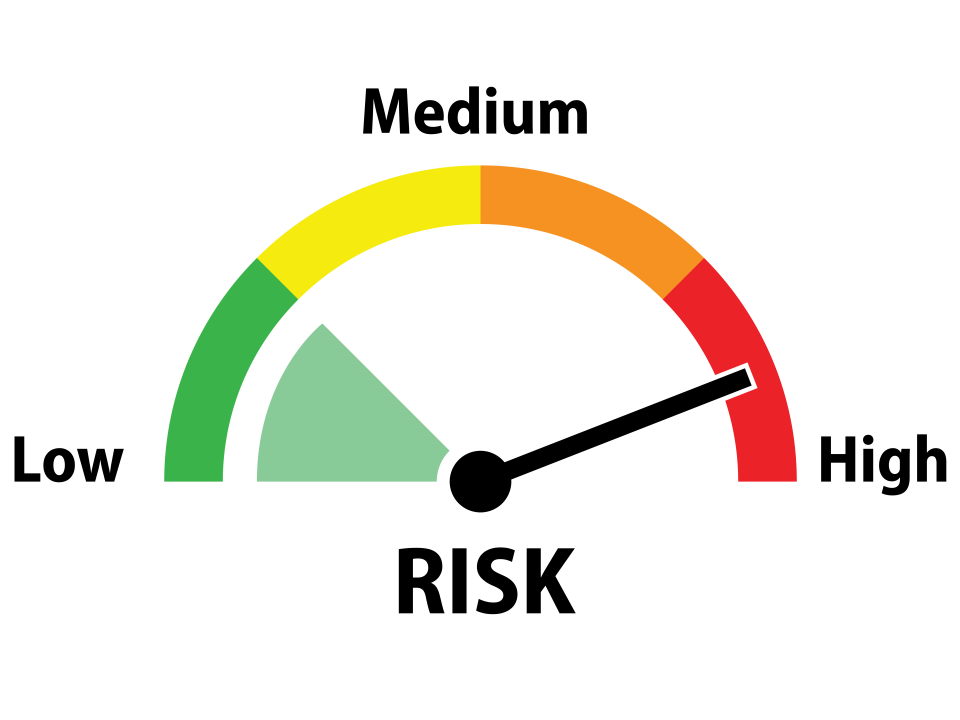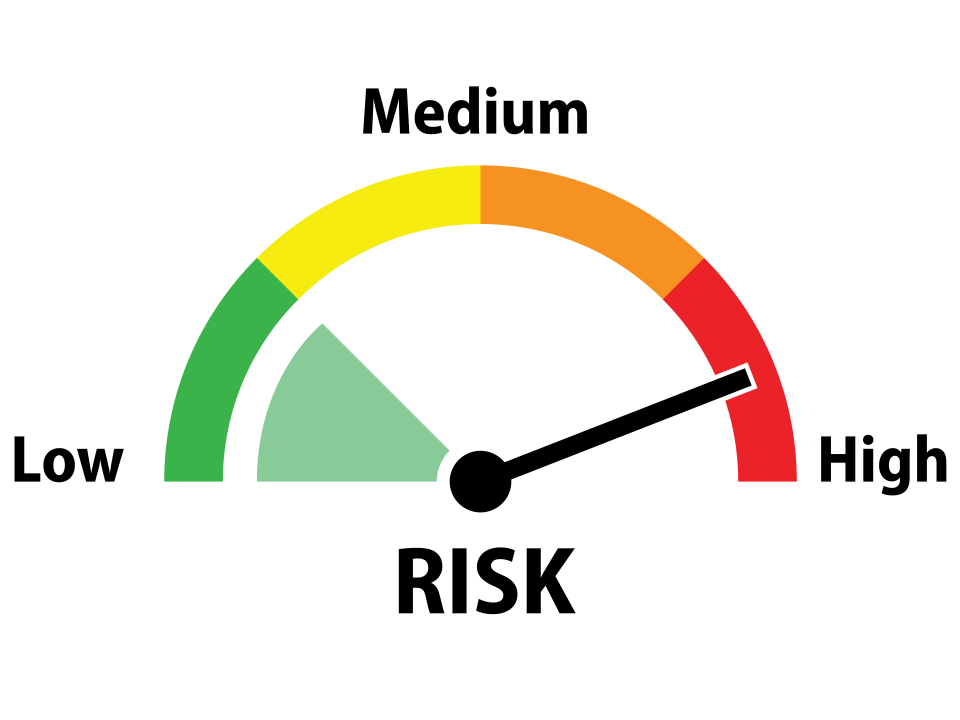2025: Elevating Psychological Safety in Australian Workplaces
June 17, 2025
4 min read
0In 2025, both New South Wales and Victoria are progressing significant reforms to elevate psychological health and safety in the workplace. These changes highlight the growing legal and cultural expectation that organisations identify, manage and control psychosocial risks as part of their WHS obligations.
NSW: Reforms to the WHS Act
Per Sophie Costis MP, NSW Minister for Industrial Relations and Work Health and Safety, the NSW Government seeks to introduce key reforms to the WHS Act that will:
- Include new jurisdictions for workplace bullying and sexual harassment, creating a one-stop shop for complaints through the NSW Industrial Relations Commission for NSW Government and local government employees.
- Enshrine gender equality as a core objective.
- Reinforce the importance of psychological safety alongside physical safety.
(Refer to the information here).
These proposed reforms reflect a broader cultural and regulatory shift - positioning psychological health not as a secondary concern, but as an integral part of workplace safety.
By consolidating complaints processes and embedding gender equality into the WHS framework, the NSW Government is signalling a move towards a more modern and responsive system.
For employers, this means ensuring that psychological hazards are identified, assessed and managed with the same rigour as physical risks, and that policies, procedures and training reflect this elevated standard of care.
Victoria: New Regulations for Psychosocial Hazards
In Victoria, the Government has confirmed it will introduce new psychological health regulations under the Occupational Health and Safety Regulations. These are due to commence in December 2025, with key requirements for employers including:
- Identification and Control of Psychosocial Hazards: Employers will be required to assess and manage risks such as bullying, sexual harassment, aggression and exposure to traumatic events.
- Updated Compliance Code: A Compliance Code will be made to guide employers on how to meet their duties under the proposed regulations. Extra guidance will also be provided on how prevention plans can help identify actions they’ll take to control psychosocial hazards.
(Refer to the information here).
These reforms stem from key recommendations made by the Boland Review, the Royal Commission into Victoria’s Mental Health System, and the Productivity Commission Inquiry into Mental Health.
Aligning with ISO 45003 and the National Model Code of Practice
To effectively implement these changes, organisations may consider aligning with ISO 45003:2021 – the international standard for managing psychosocial risks within an occupational health and safety management system. It outlines how to:
- Integrate psychosocial hazard management into existing WHS risk systems.
- Identify workplace factors that may cause harm (e.g. job demands, low support, workplace conflict), and
- Develop risk control plans that address root causes.
In addition, Safe Work Australia’s Model Code of Practice: Managing Psychosocial Hazards at Work is fast becoming the national benchmark - providing practical, regulator-backed guidance on expectations across all jurisdictions.
What Should Organisations Do Now?
To remain compliant and lead on psychological safety, organisations should:
- Conduct an assessment of your existing WHSMS against requirements of either ISO 45003:2021 or the state-based Compliance Code / Code of Practice.
- Develop or update internal policies and procedures based on findings.
- Consult with employees and health and safety representatives as to how best achieve positive outcomes.
- Educate and train supervisors and managers in Mental Health First Aid or similar.
- Take action to meet and maintain psychological safety commitments.
How we can help
Psychological safety is no longer an emerging issue—it’s a compliance requirement.
If you’re looking to assess readiness, develop internal systems, or embed ISO 45003 principles into your WHSMS, we’re here to support. Reach out to your Consultant, or contact our team via info@compliancecouncil.com.au.
Sign up for our newsletter
Stay Ahead: Subscribe for the Latest Compliance Insights and Updates.
We care about the protection of your data. Read ourPrivacy Policy.





